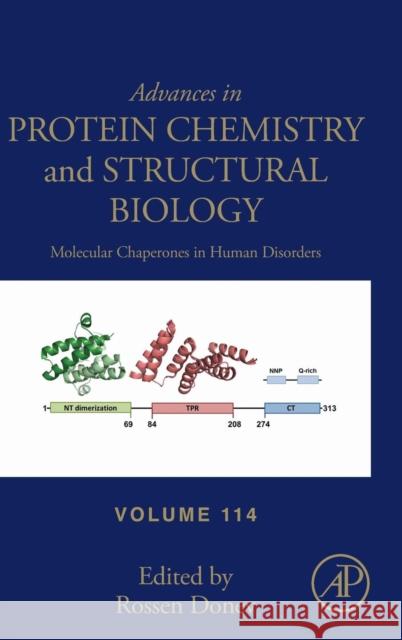Molecular Chaperones in Human Disorders » książka
topmenu
Molecular Chaperones in Human Disorders
ISBN-13: 9780128155578 / Angielski / Twarda / 2019 / 423 str.
Kategorie:
Wydawca:
Academic Press
Seria wydawnicza:
Język:
Angielski
ISBN-13:
9780128155578
Rok wydania:
2019
Numer serii:
000532928
Ilość stron:
423
Waga:
0.73 kg
Wymiary:
22.91 x 15.19 x 2.39
Oprawa:
Twarda
Wolumenów:
01
Dodatkowe informacje:
Wydanie ilustrowane











